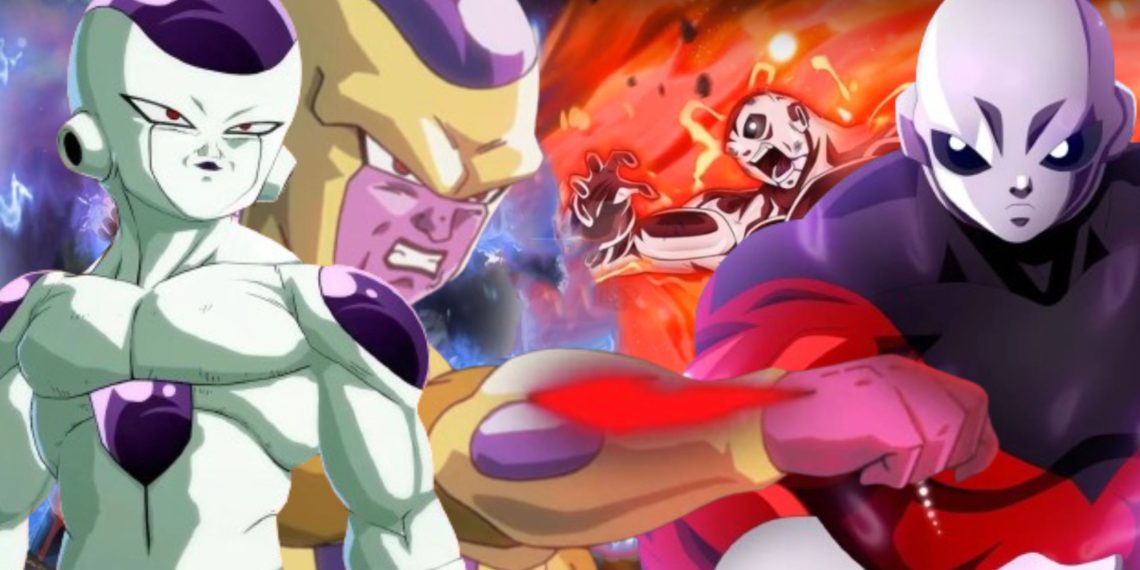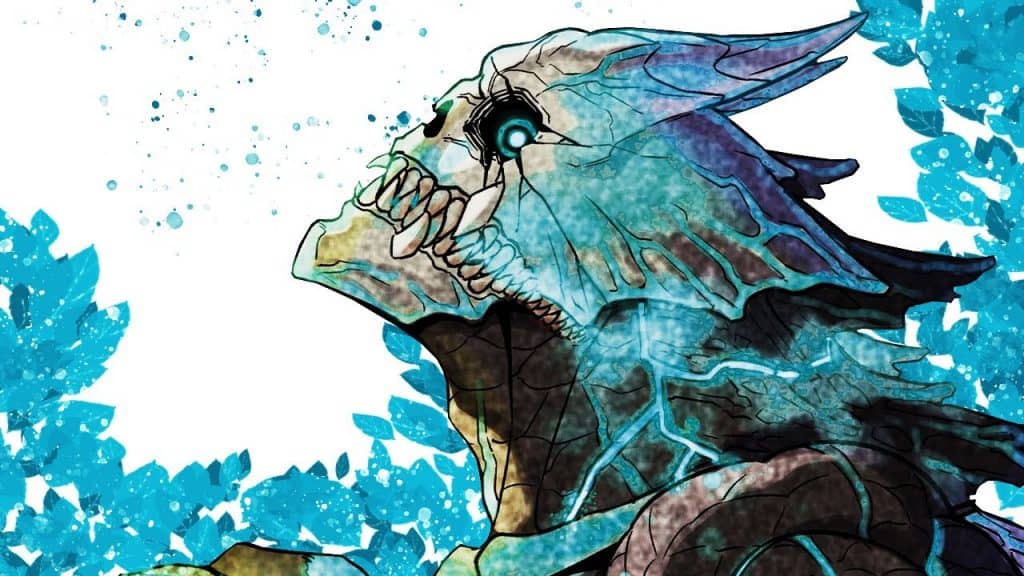“Dragon Ball Super” has long been a topic of intense discussion and debate within the anime community.
Since its debut, the series has been under the microscope, with fans and critics alike analyzing every detail.
This scrutiny has led to a persistent wave of criticism that some fans believe is undeserved.
Recently, this sentiment was reignited on social media platform X, where a particular criticism of the series sparked a heated debate.
The crux of the argument revolved around a moment in the “Tournament of Power” arc where Goku, the series’ protagonist, lost his transformation due to fear when facing the overwhelmingly powerful Jiren.
Critics argued that this portrayal of Goku was out of character, asserting that the Saiyan warrior would never have succumbed to fear in such a manner.
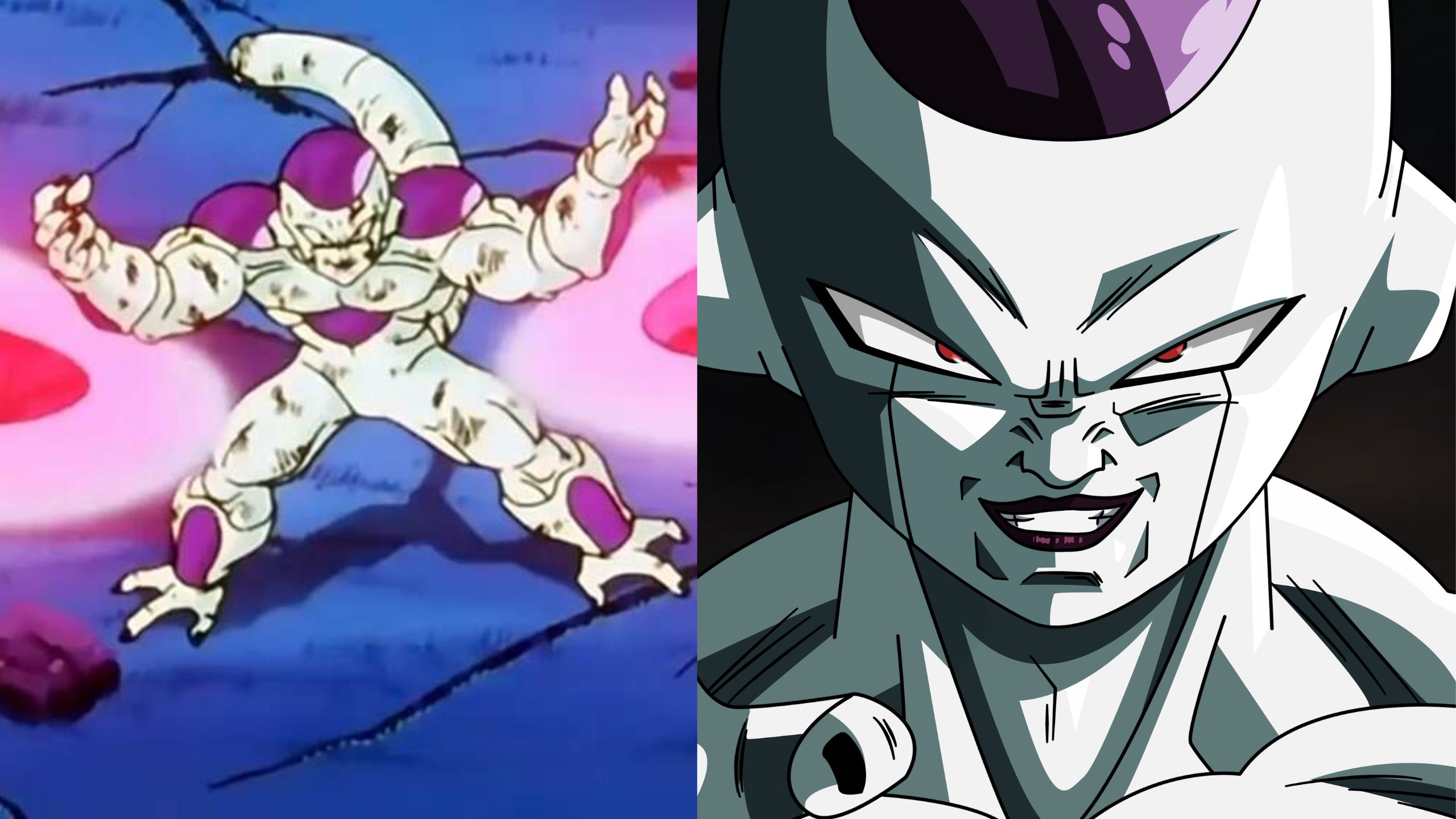
However, supporters of the series were quick to point out that this reaction was not unprecedented, drawing comparisons to Goku’s earlier battles, particularly during the “Namek Saga” against “Frieza”.
This comparison highlighted a key issue in the ongoing debate surrounding “Dragon Ball Super” the tendency for fans to criticize the series without fully considering the broader context of Goku’s character development across the entire “Dragon Ball” franchise.
While it is fair to acknowledge that “Super” has its flaws, the relentless negativity directed at the series seems, at times, to be disproportionate.
Frieza Comparison: A Defense of Goku’s Characterization
To understand the controversy, it’s essential to revisit the original “Dragon Ball” series, specifically the iconic battle between Goku and Frieza on the planet Namek.
During this battle, Goku experiences moments of fear and doubt, particularly when faced with Frieza’s overwhelming power.
This fear is not a sign of weakness but rather a reflection of Goku’s humanity a reminder that even the mightiest warriors can feel fear when confronted with insurmountable odds.
In the Tournament of Power, a similar scenario unfolds. Goku, despite his immense strength and determination, finds himself outmatched by Jiren, a fighter of extraordinary power and discipline.
There’s so much unwarranted hate towards Dragon Ball Super to where some people are just blatantly lying https://t.co/fd48vfLR10 pic.twitter.com/B2JPmkKsVu
— Zero Gravity 💫 (@Z3RO_GRAVITY_) August 13, 2024
When Goku loses his transformation due to fear, it is not a departure from his established character but a continuation of the emotional depth that has been a part of his journey since the beginning.
This is a crucial point that many critics seem to overlook. Goku is not a one-dimensional character who is immune to fear or doubt.
Instead, he is a complex individual who, despite his extraordinary abilities, experiences the same emotions as any other person.
This depth is what makes Goku a relatable and enduring character, and it is what has allowed the “Dragon Ball” franchise to resonate with audiences for decades.
However, this nuanced understanding of Goku’s character seems to be lost on some of the series’ harshest critics.
The criticism that Goku’s fear of Jiren is out of character fails to recognize the consistency of this theme throughout the series. It also underscores a broader issue within the fandom the tendency to hold Dragon Ball Super to an impossibly high standard, often at the expense of a fair and balanced analysis.
Persistent Criticism of Dragon Ball Super
The criticism of “Dragon Ball Super” is not a new phenomenon.
Since the series began airing, it has been the subject of relentless scrutiny, with fans and critics alike dissecting every aspect of its narrative, character development, and animation.
While some of this criticism is undoubtedly valid, there is a growing sense among fans that the negativity directed at the series has become excessive.
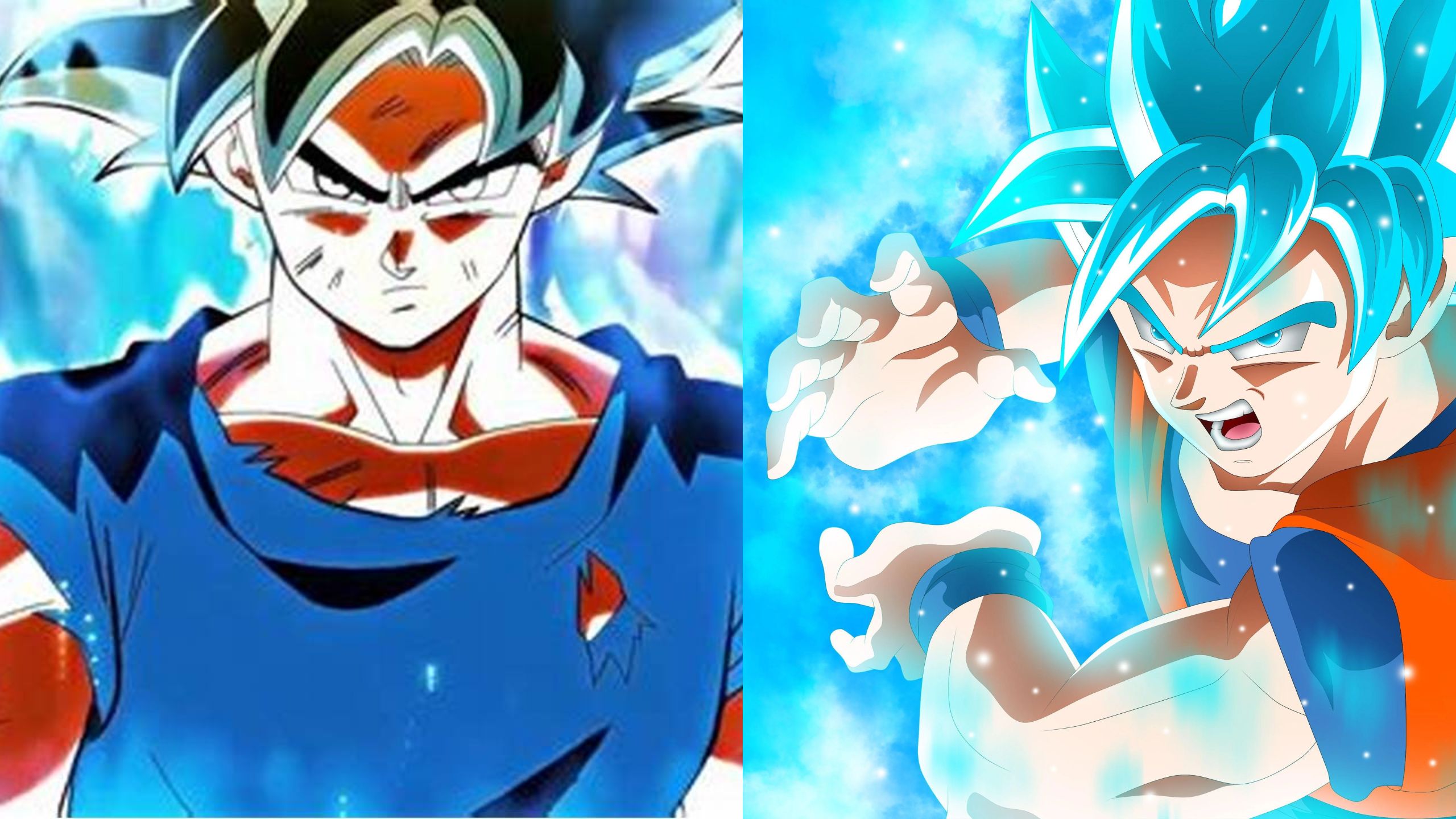
One of the most common criticisms leveled against “Super” is the perceived decline in Goku’s intelligence.
In the original series, Goku was often portrayed as a somewhat naive but ultimately wise and capable fighter.
However, in “Super”, some fans feel that his character has been reduced to a simple-minded brawler, lacking the depth and nuance that defined him in earlier arcs.
This criticism, while not entirely unfounded, ignores the fact that Goku’s character has always been somewhat simplistic in his worldview.
He has never been a strategic genius like “Vegeta” or a brilliant scientist like “Bulma”.
Instead, Goku’s strength lies in his determination, his love for fighting, and his unshakeable belief in his friends and allies.
“Super” may have amplified these traits, but they have always been a core part of who Goku is.
Another frequent complaint about “Super” is the perceived lack of serious moments compared to the original series.
Fans often point to the darker, more intense tone of the “Frieza Saga” or the “Cell Saga” as examples of what Dragon Ball should be.
In contrast, “Super” is often seen as more lighthearted and comedic, with less emphasis on life-or-death stakes.
While it is true that “Super” has a different tone from its predecessors, this is not necessarily a flaw.
Dragon Ball has always been a series that balances humor with action, and “Super” continues this tradition.
The lighter tone of “Super” does not diminish its value as a continuation of the Dragon Ball story; rather, it reflects the evolving nature of the franchise and its ability to adapt to the changing tastes of its audience.
Finally, there is the criticism that Super’s antagonists are weaker or less memorable than those of the original series.
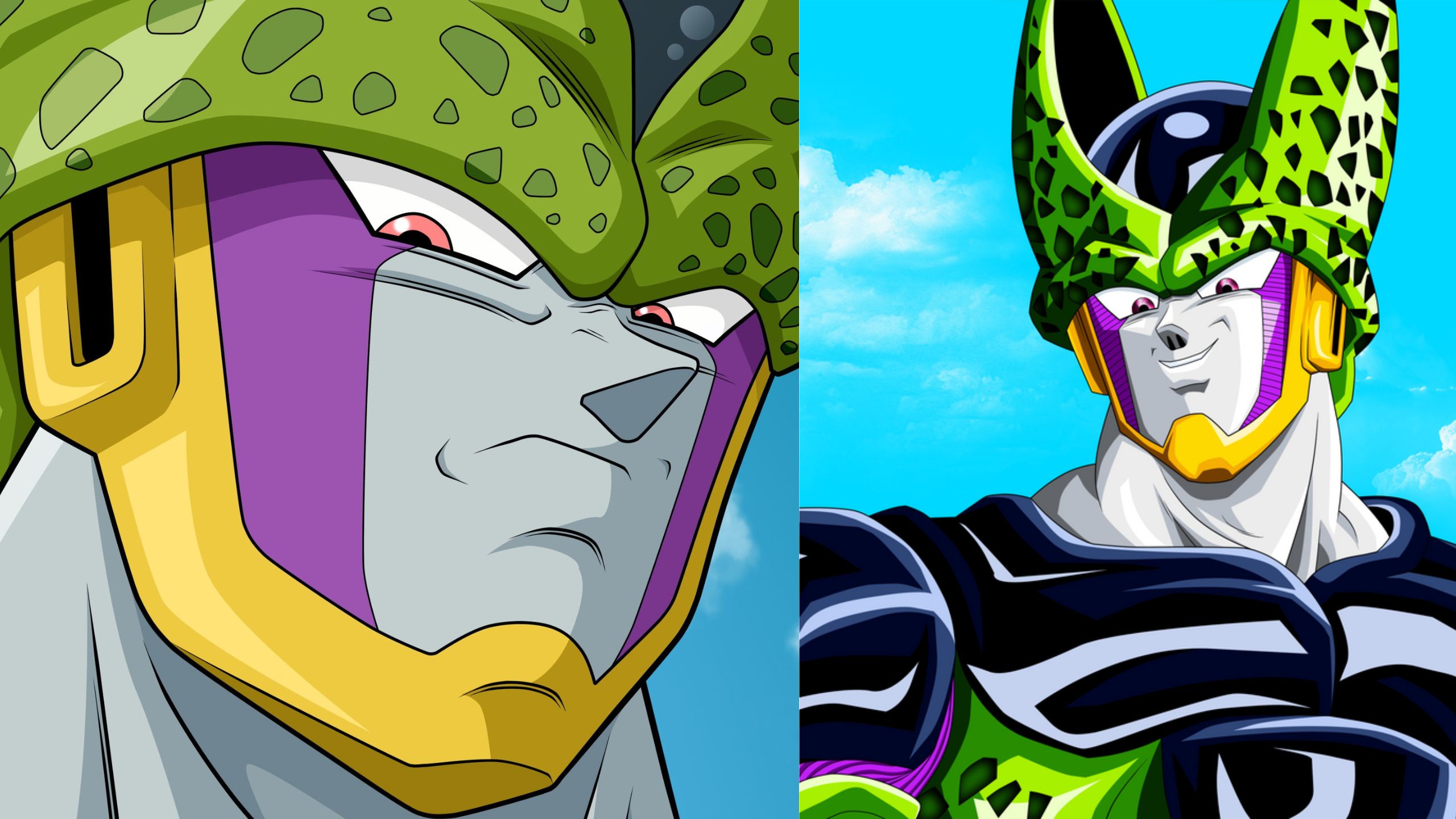
Characters like Frieza, Cell, and Majin Buu have left an indelible mark on the Dragon Ball franchise, and it is perhaps unfair to expect every new villain to reach the same heights.
However, Super has introduced its own set of compelling antagonists, such as Beerus, Hit, and Zamasu, each of whom brings a unique challenge to Goku and his friends.
The argument that Super’s villains are inferior overlooks the fact that the series is not simply about creating more powerful enemies for Goku to fight.
Instead, “Super” explores new themes and ideas, such as the nature of godhood, the consequences of time travel, and the complexities of multiversal competition.
These concepts add depth to the **Dragon Ball** universe and provide fresh narrative opportunities for the series to explore.
Fan Reactions: Defending Dragon Ball Super
Despite the ongoing criticism, there is a substantial portion of the Dragon Ball fanbase that passionately defends “Super”.
These fans argue that while the series may have its flaws, it is ultimately a worthy continuation of the Dragon Ball saga.
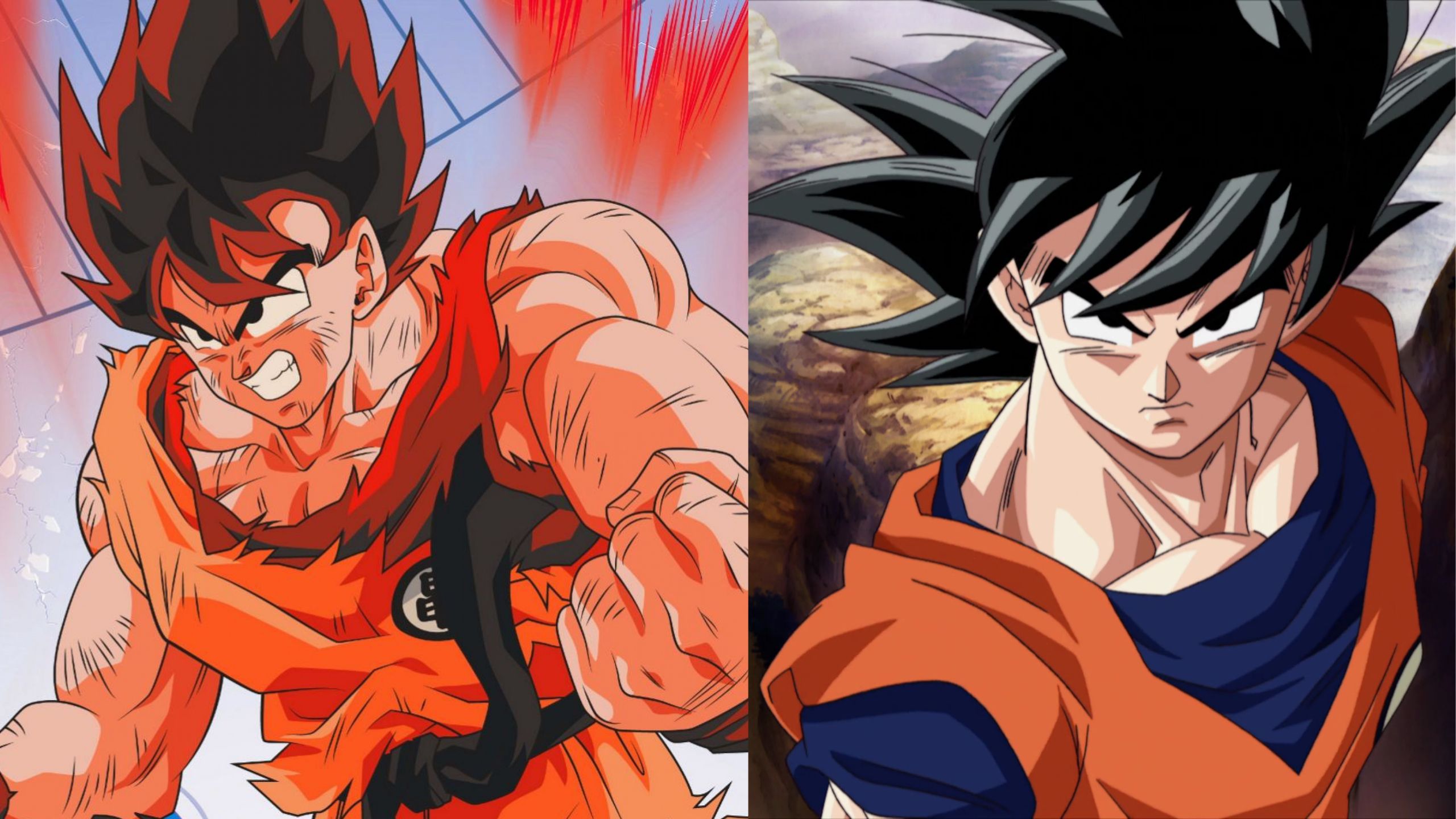
They point out that the criticisms often leveled at “Super” are not always fair or balanced and that the series deserves recognition for what it does well.
For example, one fan on X remarked,
“There are things to hate Super for. This isn’t one of them.”
This sentiment reflects a growing frustration among fans who feel that the criticism of “Super” has become more about following a trend than engaging in meaningful discussion about the series’ merits and shortcomings.
Another fan emphasized Goku’s humanity, stating,
“Goku isn’t FEARLESS. He just FACES his fears head on like a goat.”
This comment highlights the misunderstanding at the heart of much of the criticism directed at Goku’s characterization in “Super”.
Goku’s ability to confront his fears, rather than his lack of fear, is what makes him a hero.
This aspect of his character has been consistent throughout the franchise, and it is unfair to criticize “Super” for continuing this theme.
Others have pointed out that the hate directed at “Super” often feels like “bandwagon hating.”
This refers to the tendency of some fans to jump on the criticism bandwagon without fully engaging with the material.
This phenomenon is not unique to Dragon Ball Super; it is a common occurrence in fandoms where passionate fans can sometimes become overly critical, especially in the age of social media, where opinions can spread rapidly and influence others.
The defense of “Super” also extends to its contributions to the Dragon Ball franchise as a whole.
While “Super” may not have the same cultural impact as the original series, it has introduced new ideas, characters, and concepts that have enriched the “Dragon Ball” universe.
there’s a certain group of dragon ball fans that can’t go ONE minute without hating on super it’s like an obsession
— DJ🏴☠️ (@chevyfandude) August 13, 2024
The exploration of multiverses, the introduction of gods of destruction, and the evolution of Goku and Vegeta’s powers are all significant developments that have added to the franchise’s lore.
Moreover, “Super” has provided fans with some truly memorable moments, such as the introduction of “Ultra Instinct”, the epic battles in the “Tournament of Power”, and the heartwarming reunion of Goku and “Frieza” as reluctant allies.
These moments have resonated with fans and have become iconic in their own right, demonstrating that “Super” is capable of delivering the same excitement and emotion as the original series.
Bigger Picture: Understanding the Legacy of Dragon Ball Super
In the end, the debate over “Dragon Ball Super’s” merits and flaws is likely to continue as long as the series remains a part of the “Dragon Ball” franchise.
However, it is important to recognize that “Super” is just one part of a larger narrative that has been unfolding for decades.
Dragon Ball has always been a series that evolves and changes over time, reflecting both the growth of its characters and the shifting tastes of its audience.
The criticism of “Super” is not entirely unwarranted. There are legitimate concerns about certain aspects of the series, such as its pacing, characterization, and tone.
However, these criticisms should be balanced against the series’ achievements and its contributions to the “Dragon Ball” universe.
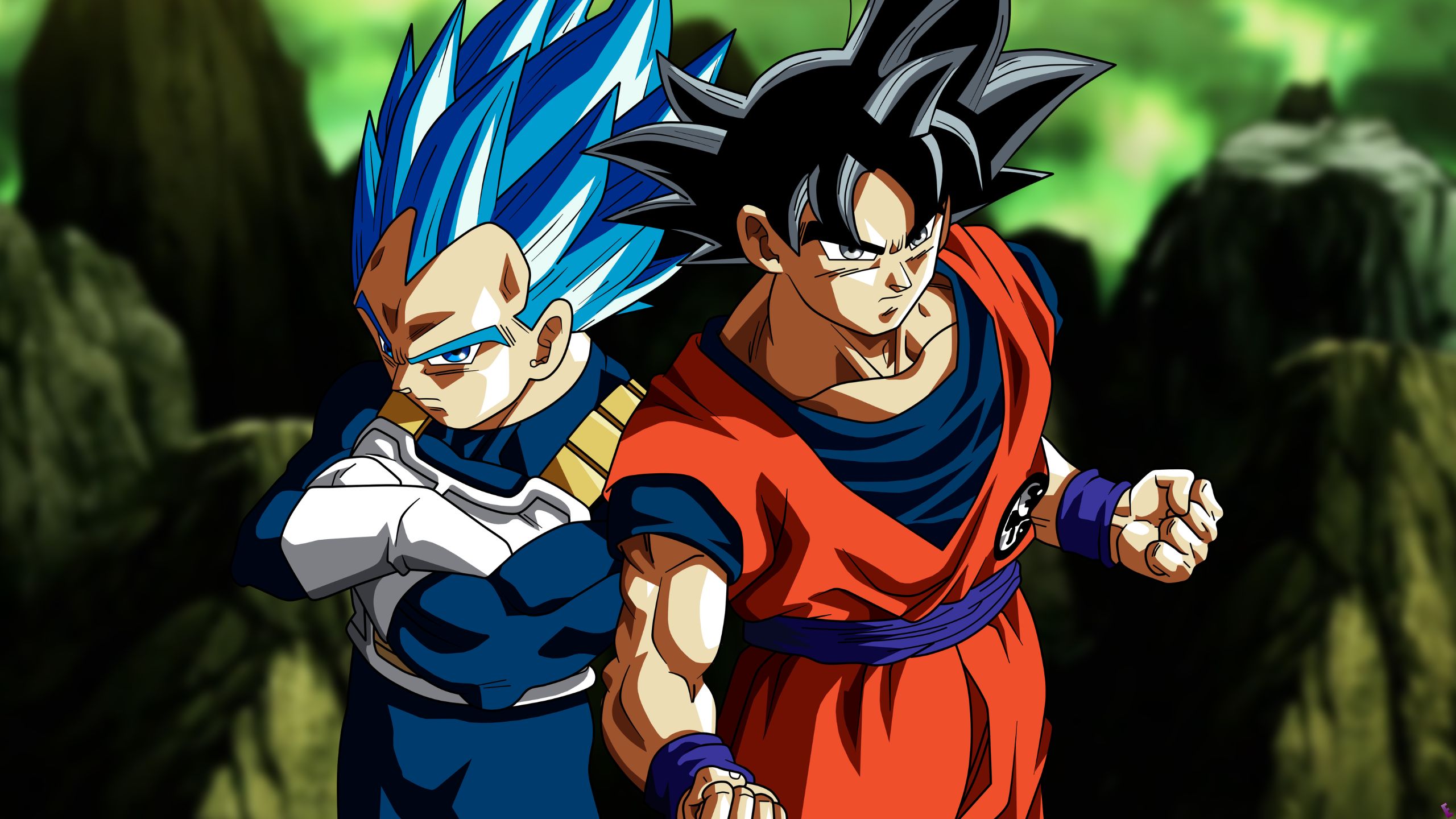
At its core, “Dragon Ball Super” is a celebration of the spirit of “Dragon Ball” a story about growth, friendship, and the pursuit of strength. It is a series that embraces its legacy while also pushing the boundaries of
what Dragon Ball can be. Whether or not it lives up to the expectations set by its predecessors is a matter of personal opinion, but there is no denying that “Super” has left its mark on the franchise.
As the debate over Dragon Ball Super continues, it is essential for fans and critics alike to approach the series with an open mind and a willingness to engage with its strengths and weaknesses.
Dragon Ball has always been about more than just epic battles and powerful transformations; it is a story about characters who grow, change, and face their fears, just like Goku does in the Tournament of Power.
In the words of a fan,
“Super has its flaws ofc but people be bandwagon hating a lot.”
This statement captures the essence of the ongoing debate Dragon Ball Super is not a perfect series, but it is one that deserves to be judged on its own terms, not just in comparison to the past.
For those who are willing to look beyond the criticism, “Super” offers a continuation of the Dragon Ball story that is both entertaining and meaningful, a testament to the enduring appeal of this beloved franchise.


